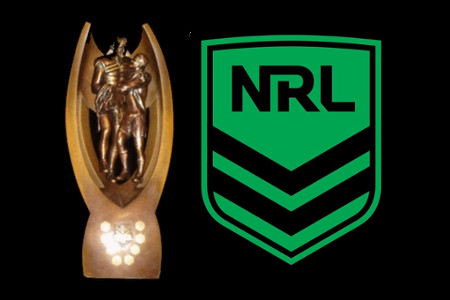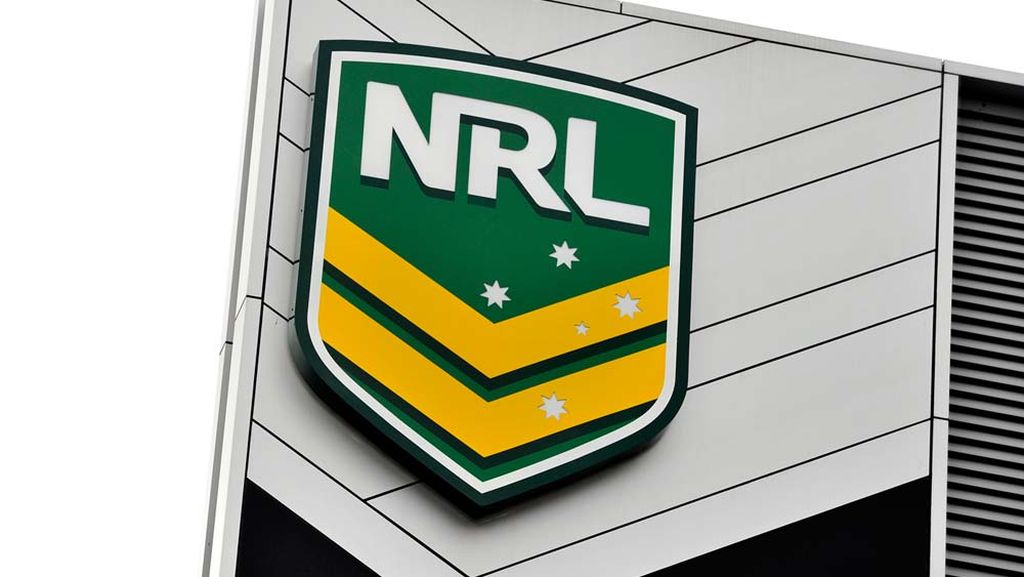Hi again. After a bit of positive feedback on the first article, I’m here again to rant. This week we have the so-called ‘Captain’s Challenge’. Whilst I understand that most players/coaches/fans have not been happy with the standard of refereeing this year (or for a number of years it should be said), this initiative will only bring heartache for the vast majority. No one wants to see their team lose, even more so with a possible finals berth, or heaven forbid, grand final win on the line. But are we willing to give up on some of the things that make our game the greatest so as to be able to dissect a game, stopping and starting it when we want? Where to after that? A slippery slope, a razor’s edge between looking after our game or killing it with kindness.
Rugby league is a fast-paced, exciting contact sport. It needs players constantly challenging a referee like it needs a hole in the head for a number of reasons. Firstly, and most obviously, the associated stoppages associated with inspecting/correcting a referee’s decision. Whilst obvious, this is the one that I am least worried about, because as our code is currently seeking major dollars for broadcasting rights, a few mandatory stoppages in a game would be of much benefit for the bottom line. But are you willing to sit through a game that goes for two, possibly three hours? NFL games (and don’t get me wrong, I love it too. Go Saints!) are made up of four – 15 minute quarters. But the average game is played out over 2-2 ½ hours through stoppages and calls. The ‘flow’ of the game is such an important part of rugby league, too important to not seriously consider employing anything which may hinder it.
It’s life though for the NFL, but not for us here. And unlike the NFL, the proposed system for the NRL will see team captains be given unlimited challenges so long as they are correct each half. A wrong challenge each half is the maximum allowed and ends their ability to challenge. Rugby League is certainly not always black and white in terms of action on the field. There is the possibility that there may be no challenges in a game. Conversely, there may, in fact, be thirty calls over the course of the game. We want the right call being made, but what are we willing to sacrifice to get them?
Secondly, the biggest fault associated with this initiative is that the one’s with the ability to see and replay incidents on demand won’t be able to challenge if something goes right. Yep, that’s right. The coach, with his assistants and monitors, are best placed to spot mistakes being made. Not being on the field, I believe he is somewhat detached from the action (only to rip a door off or throw a bin around in the change room later) and can make a better-informed decision as to when/if to challenge than a player busting his gut or in the heat of the moment. Adopting NFL rules such as introducing a limited number of challenges and penalising incorrect challenges (removing an interchange, penalty to opposing teams) would be the best way to go if they are serious about trialling a system of this nature. But it is, I think, a flawed system.
Having the coach be able to stop play and issue a challenge opens up another can of worms, and this has to do with sportsmanship. A team under pressure, constantly on the defence is all of a sudden given a reprieve, time to catch their breath and reorganise themselves through a coach challenging a call. On the other hand, a team working well together, applying the blowtorch and looking to make metres or score a try is all of a sudden stopped, the opposition coach calling a challenge. We all want to win, and some will do it anyway they can. Challenges, no matter who calls them, have the possibility of becoming another dirty tactic to stifle another team. Just another rule to rile players, coaches and fans.
Thirdly, if reports are to be believed, there are only certain areas that a referee may be challenged. Plays that involve the loss of the ball (stripped vs. knock on) and are located in-goal (trys, touch in-goal etc.) can be challenged. The thing I found worrying, and is another example of it being a flawed system, is that “Decisions involving discretionary penalties such as forward passes, 10m penalties, scrums and play the ball offences will not be subject to challenge.” (Daily Telegraph 15/8/12) What can be challenged if not the decisions that we believe the referee has made incorrectly? Things such as forward passes that can directly impact on a team gaining an unfair advantage should be the things that can be challenged.
Lastly, and the one that I believe will have the greatest negative impact on the game is the loss of confidence/respect for referees. Many will say that it is long gone already. Whilst in recent times there have been some real howlers made by the referees, I can see the introduction of a challenge system sending us either two ways. One way will have referees calling either everything they see to be safe. Even if there is a hint of something, referees will call it knowing they will most probably be challenged. It is then sent out of their hands up to the video referee to make the call. We have seen some extreme samples of this already with the introduction of the video referees, where an on-field referee (especially when a try is concerned) “sending it upstairs”. It can only get worse if a referee feels they are being constantly, unfairly challenged. The easy way out is to give the responsibility to someone else.
The other possibility is that many of those currently refereeing, or those thinking about it, may seek employment elsewhere, therefore lowering the quality and passion of those in charge of ruling in games. Would you want to work somewhere you are constantly second-guessed? Yes, the standard of refereeing is considered to be quite low already, but who would want to be a referee knowing they can, in some instances, be challenged throughout an entire game?
There has to be a clear distinction of authority between referees and players/coaches. Just like a parent to a child, a teacher to a student, removing that distinction will hinder the relationship, making it unworkable. Challenging a referee will hinder the relationship and is already happening. Some players approach a referee correctly, some not so much. Coaches and players all but calling referees cheats just increases the divide we currently have between the two groups. We talk about the grassroots being essential for a healthy game, we need to show the juniors and up-and-coming players that referees are, like them, a fundamental part of the game. Respect is a two-way street, and if we are honest with ourselves, at the moment there is not a lot being channelled back to the whistle blowers.
So, what do we do? I honestly believe that the challenge system is a bad idea. What I have mentioned is based on my opinion and may be worse case scenario in some cases, but they are possible and would work towards ruining our game. I think there a three things we should work on before a challenge system that would benefit the relationship between players/coaches and referees, as well as go a long way to improving the standard of refereeing in the NRL:
1. Start simplifying sometimes bloated/contradictive rules – You only have to listen to some of the explanations given by Bill Harrigan and Stuart Raper to particular incidents in the game to know that some of the crucial rules regarding such things as grounding of the ball (not only the hand, but the chest or forearm as well) and determining legal tackle styles do not work for the good of the game. There may be a rule for something, but it then has several addendums attached to it, to the point where it doesn’t make sense to anyone. Rather than introducing new rules to fix old problems, we need to look at restructuring our current rules and eliminating the extras that cause confusion.
2. Give referees every opportunity to be better educated and confident in the rules and their ability to follow them – I don’t believe referees are stupid, or lacking in what it takes to look after our game. I think that in some instances they have not received the support required from the NRL in terms of getting everyone on the same page regarding rulings and expectations in the game. At this stage though, I think it is sometimes unfair to make referees accountable to some rulings because the rule itself does not make sense. I think referees would prosper under simpler rules. A simpler set of rules is easier to understand for all concerned, and would eliminate much of the confusion regarding particular decisions that are being made. Less confusion would then hopefully lead to referees being more confident in their ability, and restoring the relationship between players/coaches and referees.
3. Involve recently retired/injured players to identify critical areas for that need fixing – I believe the game has changed dramatically over the years, especially it’s significant increase in pace and rule changes. I think there have been some cases (Simon Dwyer comes to mind), where a young player cruelled with an injury keeping them from playing could be used as a consultant for the NRL to work with referees and the game’s Rules Advisory Committee. Darren Lockyer is on the committee, but as time goes on, continuing to involve those who have played recently will only help with ensuring rulings and interpretations are informed by those who have worked under them.
Another benefit would be for the NRL to then send these players out to the clubs to work with them, explaining rule changes or bringing individual club grievances back for consideration. It also gives these players a meaningful job and part to play in the game they love, especially those whose prospects of playing again are slim. Contributing to rugby league, the greatest game of all (the ARLC really need to trademark this before someone else does).
Well, that’s it. Rant over. All opinions are mine. Your opinions are yours. Have a great weekend, all the best to you and yours.












